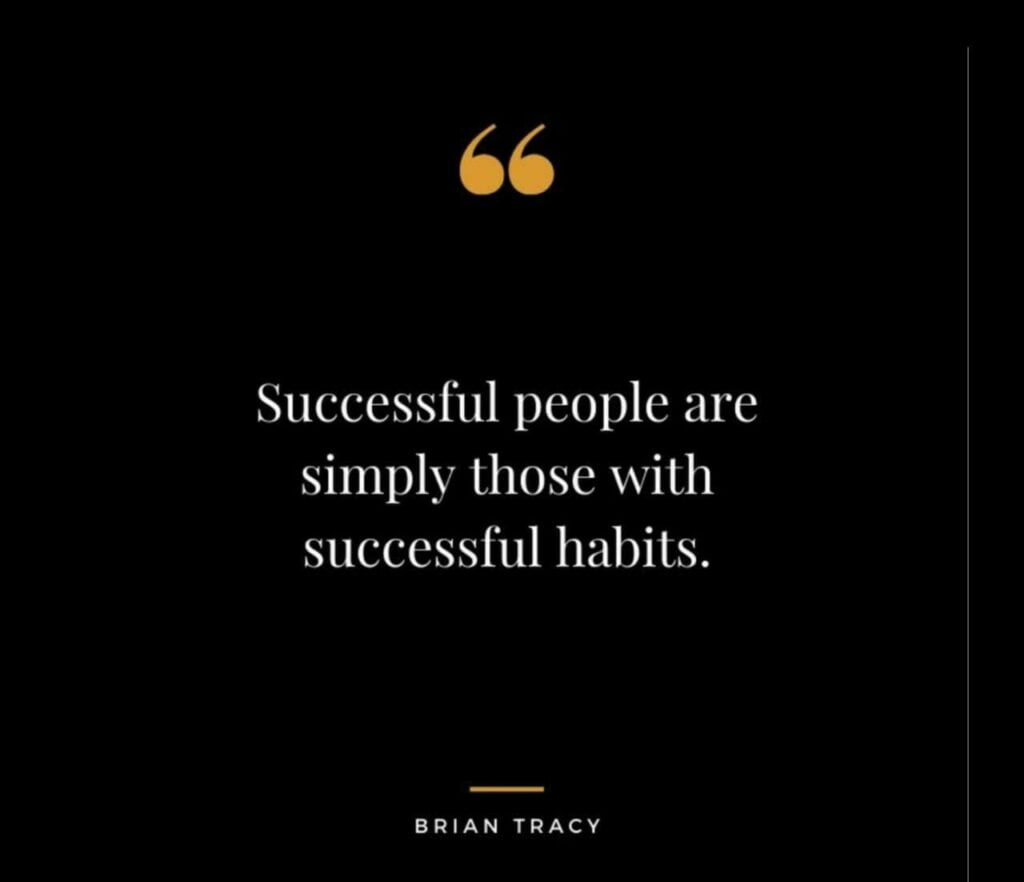18th Oct, 2021
Saving regularly is an uphill battle. We must do it. We should do it. So why do we struggle to do it?
At an Investor awareness program I was once doing, I was asked, “You make wealth creation look so easy but then why is it so difficult, why aren’t more people so wealthy?”
My simple reply was to share an analogy, “I have been trying to lose weight since the time I Remember. I get my tests done every six months, my results are on the borderline and when I consult my doc, who is also a dear friend, he just tells me, “ Lose some weight, eat less junk food, drink moderately, do more exercise, change your lifestyle etc etc.” Simple tasks indeed– I follow that for a couple of weeks and then once again other things start taking priority, a meeting I need to attend makes me skip my morning walk, a dinner engagement I can’t miss, taking the children out for dinner is priority and there goes my resolution made in right earnest and Iam back to my old ways.”
Same is the case with saving and wealth creation. After attending a seminar or after the portfolio review, the resolve remains strong for a while and then other things take over, priorities suddenly shift.
In Punjabi, we have an old saying, “Rab nedhe key ghusan” – Translated roughly it means, If you are sitting and meditating, what will you give importance to, ‘God or an incoming slap?’
We always give importance to the immediate rather than what is critical.
As humans, we don’t do well with anything that has to do with now vs. later. This is why we overeat and under exercise and don’t save enough.
We are tuned to take care of the immediate but not the distant future. We know on one level that this behaviour will not serve our long-term best interests. But that is not compelling enough for us to try and do it.
The best way to do something is to form a habit.
Our mind constantly uses mental shortcuts to make decisions, some of which come from our habits. Many of us don’t even notice our own habits because they’ve become something we do automatically. These simple habits make our lives easier by helping us reduce the hundreds of decisions we make daily.
For example, brush your teeth every morning. Instead of waking up each morning and pondering whether to brush our teeth, our habit makes the decision for us. Another is to complete my 10000 steps every day, come what may. So instead of debating every morning whether to go to the gym or at what time, I just need to complete my steps. These habits help us make fewer decisions and lead to better outcomes, in this case dental hygiene and health.
Similarly, developing the right financial habits may help make decisions easier and improve our overall financial well-being.
If you think self-control is all you need, you are setting yourself up for failure.
Focus on reducing friction when building a habit. For example, if you’re trying to stick to a budget, make sure to transfer a fixed amount into an investment account or a SIP on the day your salary is credited. You can’t spend what you don’t have! To make it even easier, use technology to automate the process.
When we are trying to build a habit, finding a cue is very important. A cue acts as a reminder to act out our rule and must be something dependable and memorable, like a specific day (every Monday, I must do X) etc.
If it is a bad habit you need to dump, do the reverse: make it inconvenient. If you’re trying to cut out sugar in your diet, your first step might be to throw out the cookies, chocolate and Ice Cream from your kitchen.
Follow this same idea when it comes to building financial habits. Delete shopping apps off your phone. Do the same with Swiggy and Zomato if ordering in is your weakness. Cancel magazine subscriptions you don’t use anymore. Leave your credit card at home when going out.
Adopt good habits and stay blessed forever.

